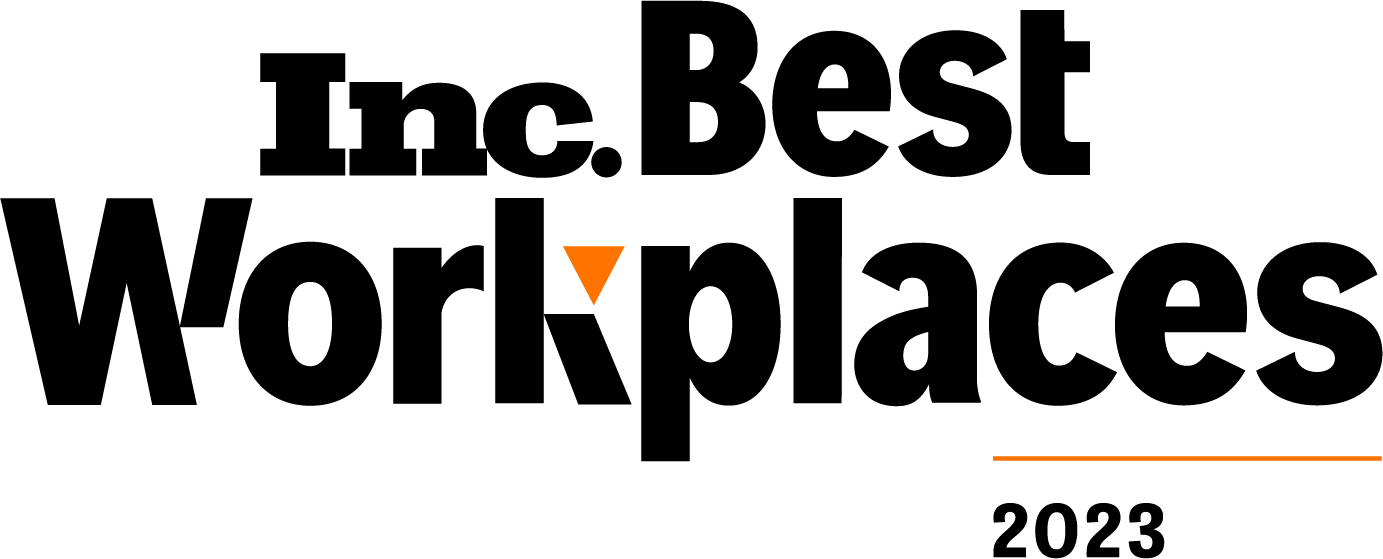Q&A with ProspHire’s Julie Evans on Addressing Health Disparities

Julie Evans
Talk to a Healthcare Professional
What is the difference between health equity and SDOH?
Imagine a scene where an elderly individual, a young adult and a disabled child are all provided the same level of care – that is health “equality”. Health “equity” focuses on providing unique unequal care to each individual to ensure the care they receive will result in the appropriate, desired and equal outcome. Now, taking the scene one step further, imagine the disabled child we are caring for has limited access to food at home, does not have housing that can accommodate a wheelchair and the family has minimal income. The barriers that this child faces due to the conditions in which they are born, grow, live and age, are social determinants, or drivers, of health (SDOH).
Why is addressing the role of SDOH important?
Recent studies show that SDOH can account for approximately 80% of an individual’s health. As providers, payors and supporting organizations, it simply makes sense to provide care that addresses the 80%, despite most of our efforts traditionally focusing on the other 20%. SDOH disproportionately impacts our underserved communities, which ultimately drives us toward additional discussion and consideration of health equity.
What are clients’ biggest challenges related to SDOH?
Although SDOH is no longer a new concept and our clients understand the importance of addressing SDOH, there is still a question of how. Understanding how to implement effective interventions, quantitatively assess SDOH needs, plan for a return on investment and identify partnerships for success, all pose challenges.
What health equity issues are clients focused on today?
Health equity is a major area of focus generally for many of our clients, but today, the greatest area of focus is maternal and perinatal health equity. Inequities in maternal and perinatal health have been prevalent for some time, and unfortunately the pandemic has exacerbated some of these inequities. Many of our clients are interested in improving equity among women of color and women in rural communities. In both cases, there is a need for improved access to and quality of care. From organizational interventions to community-based partnerships, we are supporting our clients to implement strategies that best meet the needs of their most vulnerable populations.
What are CMS’s new SDOH quality measures?
CMS implemented new SDOH quality measures in their 2023 IPPS Final Rule that will be voluntary in 2023 and required in 2024. These new measures are mandated for hospitals reporting to the Inpatient Quality Reporting (IQR) program and both focus on SDOH. Separate from the existing Z-codes, these measures are flexible in their collection and give hospitals the opportunity to self-select their screening method. The two measures “SDOH-1” and “SDOH-2” have separate goals.
“SDOH-1” focuses on the rate of screening. Simply put, what percent of patients admitted to the hospital were screened for SDOH based on the five assigned domains: food insecurity, housing instability, transportation needs, utility difficulties and interpersonal safety. “SDOH-2” focuses on these domains and captures the percent of admitted patients that screen positive for any of the five SDOH domains.
Previously, CMS issued guidance to support states in addressing SDOH in Medicaid and the Children’s Health Insurance Program (CHIP) in 2021. Health plans and providers alike can continue to expect increased SDOH guidance and measures in the future.
What is SDOH 101 for health care providers who need to get started on practice improvement?
Start small and be selective! Understanding your population and the subset of individuals who may be experiencing disparate outcomes due to health inequities or a specific SDOH domain offers an opportunity to pilot a solution and measure effectiveness. One key consideration in following this method is considering the population’s location. An intervention in one community may not work in another and addressing SDOH regionally with consideration to local barriers, needs and partnership opportunities will increase the likelihood of success. Additionally, don’t feel the need to start from scratch; there are several proven strategies to address SDOH that can inspire your future work.
What is the risk of not screening patients, assessing conditions and implementing change?
Now that there is an understanding of the true impact of SDOH on an individual’s health, not screening patients, assessing conditions and implementing change is equivalent to not looking under the hood of a car during an inspection and only looking at the car’s physical appearance. SDOH are underlying conditions that directly affect an individual's health outcomes and are a key consideration to their treatment plan. Whether it be a mechanic and their car or a provider and their patient, we don’t want to send “patients” home without an understanding of how they may operate once they leave the safety of our care. It is the responsibility of the healthcare industry to implement change in the interest of our most vulnerable populations, so when they do leave our care, we have an understanding and care plan to ensure the right supports are available at home and in the community.
Do you have any predictions for Health Equity and SDOH in 2023?
During and following the height of the COVID-19 pandemic, we saw the influence of SDOH and the disproportionate impact of the pandemic on individuals already facing barriers in relation to social determinants and the importance of community-based care and support. As economic instability is expected through 2023, I would expect to see this trend continue, but this time around there may be more limited resources to support our community-based partners. This will open the door for providers and payors to collaborate and increase their engagement in SDOH intervention. Ultimately, SDOH and health equity are tightly intertwined and with magnification on equitable outcomes, this offers an opportunity to intervene.

How can ProspHire help?
ProspHire has always been in the business of assessing, understanding and implementing change across the healthcare industry. Through regional data assessments, understanding your patient population, evidence-based methodologies and community-based partnerships, ProspHire is equipped to support strategy development, intervention implementation and drive change within your organization. As you begin to explore opportunities to effectively address health equity and SDOH impact, we hope you will include us in your journey as we bring an industry and subject matter understanding to the forefront of our work.
© 2023 ProspHire, LLC. All Rights Reserved / Terms of Use / Privacy Policy
ProspHire
216 Blvd of the Allies, Sixth Floor
Pittsburgh, PA 15222
412.391.1100
[email protected]


© 2025 ProspHire, LLC. All Rights Reserved / Terms of Use / Privacy Policy






